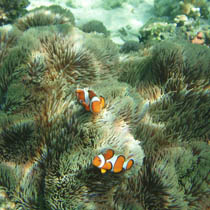- Lighthouse Foundation
- Projects
- Kenya: Artisanal Fishermen
Kenya: Marine Resources and Participative Fisheries Management
What is at issue:
Open access to marine resources has led to massive overfishing of the marine ecosystem also on the south coast of Kenya. Particularly affected is the coastal coral reef and the lagoon formed by this and the beach. Lack of organizational structures and institutional barriers limit the possibilities for introducing sustainable fisheries and resource management.
Due to the influx of people from the hinterland, who see fishing as the only chance to secure their livelihood, the pressure on marine resources has steadily increased and forced the traditionally local residents into long-term poverty.
The long-standing cooperation with fishermen on various landing sites in the south of Mombasa has improved their and their families general situation, and has created opportunities for the development of sustainable fishing in coastal waters. The lack of infrastructure, a so-called „fishbanda", a simple building with sanitary facilities as a meeting place and for the preparation and storage of fresh fish under hygienic conditions, proved to be a major obstacle to sustainable development. The landingsite is a workshop, marketplace and meeting place, here also local politics is made.
Since smoking and drying of fish was hardly used on the coast of Kenya at the beginning of the project, these simple techniques were first scientifically tested and optimized and finally presented at the fishbandas. From this an independent project has developed.
What's happening now:
The project was started in 2001 and completed in 2010. From 2011 to 2013 the project effects and future perspectives were examined.
What we have achieved:
Over a period of more than ten years, the Lighthouse Foundation's collaboration with fishing communities on the South Coast of Kenya has grown in various projects. Investigations on traditional fisheries, the construction of landing sites and sanitary facilities, fish preservation and marketing, training and education were some of the key project topics.
2001 - 2006
Project partner: Eco-Ethics International Union (EEIU), Kenya Chapter
- Studies on traditional fishery methods and marine resource management procedures and their transferability to the current situation.
- Establishment of a dialogue between the stakeholders involved in a future-oriented and socially equitable resource management as a core element of sustainable development in the region.
- Selection of various landing sites as important social meeting places, 2003 Establishment of a first fishbanda in Chale Kinondo for better processing and storage of the catch.
- Construction of a second fishbanda in Gazi in 2004 and construction of a separate sanitary facility with biological clarification for improved hygienic conditions of the fishing families as a whole.
- Reconstruction of the existing fishbanda in Shimoni.Procurement of suitable nets and boats for the local fishermen of Mvuleni to protect resources and improve the economic situation.
- Establishment of a fishbanda in Likoni 2006. Improvement of the hygienic conditions at the landing site through the construction of sanitary facilities including drinking water and electricity grid.
- 2006 first training workshops for group leaders on management and planning by the newly formed Beach Management Units (BMU) at the Landing Sites as well as on microcredits.
- Training for the women's groups in Gazi and Munje on the basics of business development (buisiness planning workshop).
2007 - 2010
Project partner: Coast-Rural Development Organization, CRDO
- Development of teaching materials for the training of BMU members (group management, fisheries, legal situation of artisanal fisheries, commercial basics, etc.)
- Formation of an integrated BMU (iBMU) as an association of BMUs from the region
- Formation of a network with relevant organizations (Regional Fisheries Office, Coast Development Authority, CORDIO-East-Africa, etc.)
- Build up a data base about the landing sites and their BMUs
- Support and advice to the BMU at the landing sites with regard to responsibility for use and maintenance of the respective coastal resources. Establishment and maintenance of appropriate fisheries management measures, such as marine protected areas.
- Evaluation of the development of the ten official Beach Management Units (BMU) on south coast Kenya and the resulting demand for restructuring and new elections.
- Information events on Locally Managed Marine Areas (LMMA).
- Delineation of LMMAs based on a study of traditional fisheries methods and procedures of marine resource management and the resulting knowledge of the breeding and spawning grounds.
- Procurement of buoys and others for the marking of the LMMAs. Conception of supervision and enforcement of the regulatory law.
- Establishment of a joint LMMA of Kibuyuni, Vanga, Bodo and Majoreni together with hoteliers, fishermen, boat owners and dive operators.
- Investigation of the ecological status of the LMMA and training of the management committee, training for the supervisory team and the police officers, the administrative procedure for the official registration of the LMMA.
- Initiation of a beekeeping project in Bodo with ten locally produced beehives in the mangroves. A beekeeper project with 15 beehives in the mangroves has also been started in Majoreni.
- The women's group (Mpaji ni mungu women group) in Gazi starts the production and marketing of dryed and smoked fish on the basis of a business training.
- Organization and accompaniment of a restructuring of the Beach Management Units (BMU) on the south coast of Kenya and the holding of new elections
- Conception and compilation of a manual for the BMUsFormation of voluntary Save and Rescue Teams Clubs (SART) in the schools of Wasini, Shimoni, Mzizima (Kibuyuni) and Maji safi (Shelly Beach).
- Various public events such as Shelly Beach Clean-up Campaign, World Wetlands Day, World Environmental Day, World Food Day
2011 - 2013
Project Partners: Technology and Care for Improved Livelihood, TECAFILI
- Investigation of the status quo at the landing sites along south coast Kenya and recommendation for further activities.
- Organization of a two-day seminar with members of the BMUs on the principles of project development, fundraising and the submission of grant applications. In five groups different concerns for projects were discussed and formulated as formalized applications to potential funding agencies.
- Conducting regular on-site meetings, workshops and seminars on networking among BMUs.
- The establishment of Locally Managed Marine Areas (LMMA) in various coastal areas was supported through further training of BMU members and fishermen in workshops and on excursions to topics such as mariculture / aquaculture, accounting, management and marketing, leadership and teambuilding, conflict management, environmental and nature conservation, deep-sea fishing in practice.
- Evaluation of the project
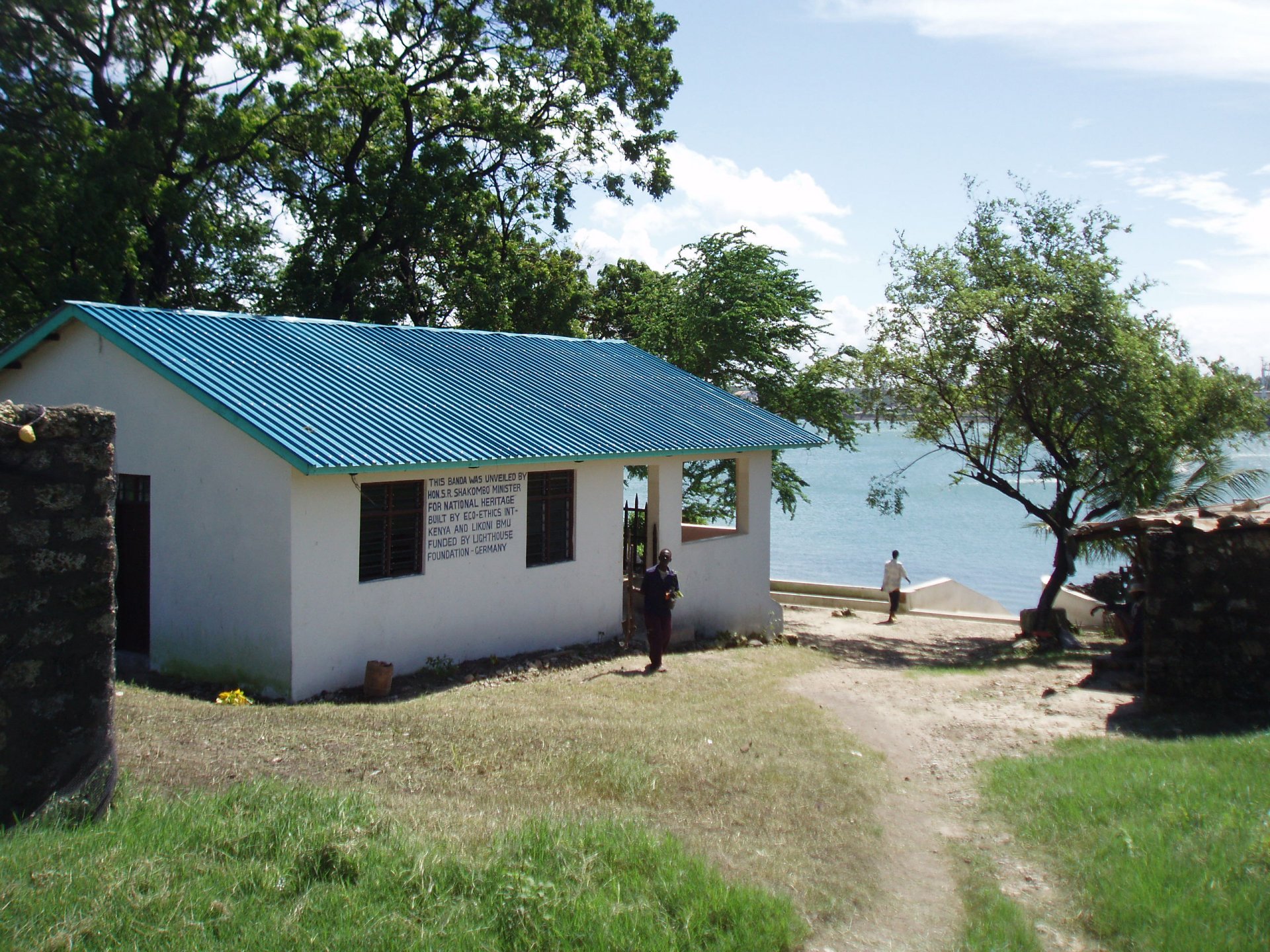
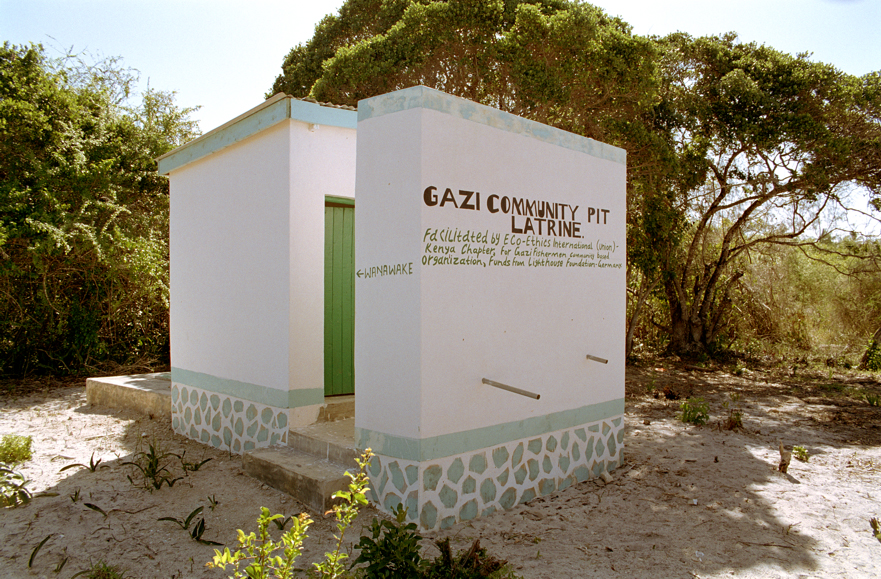
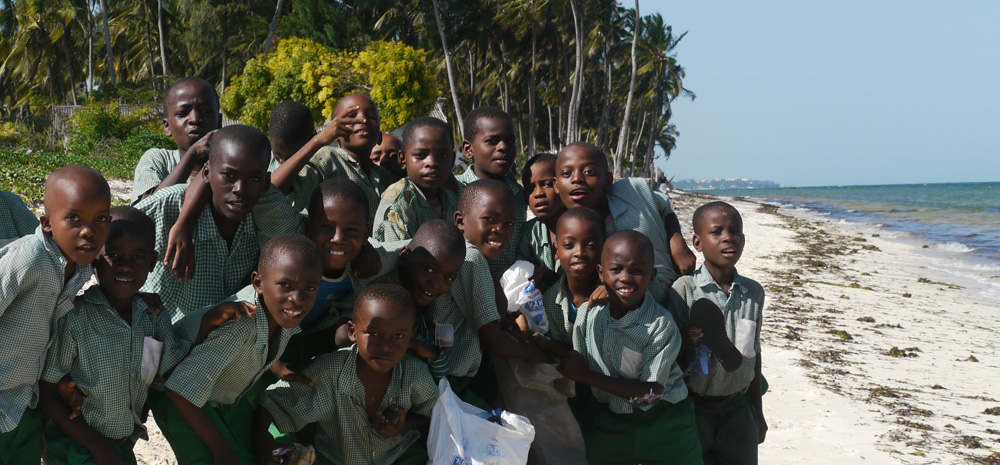
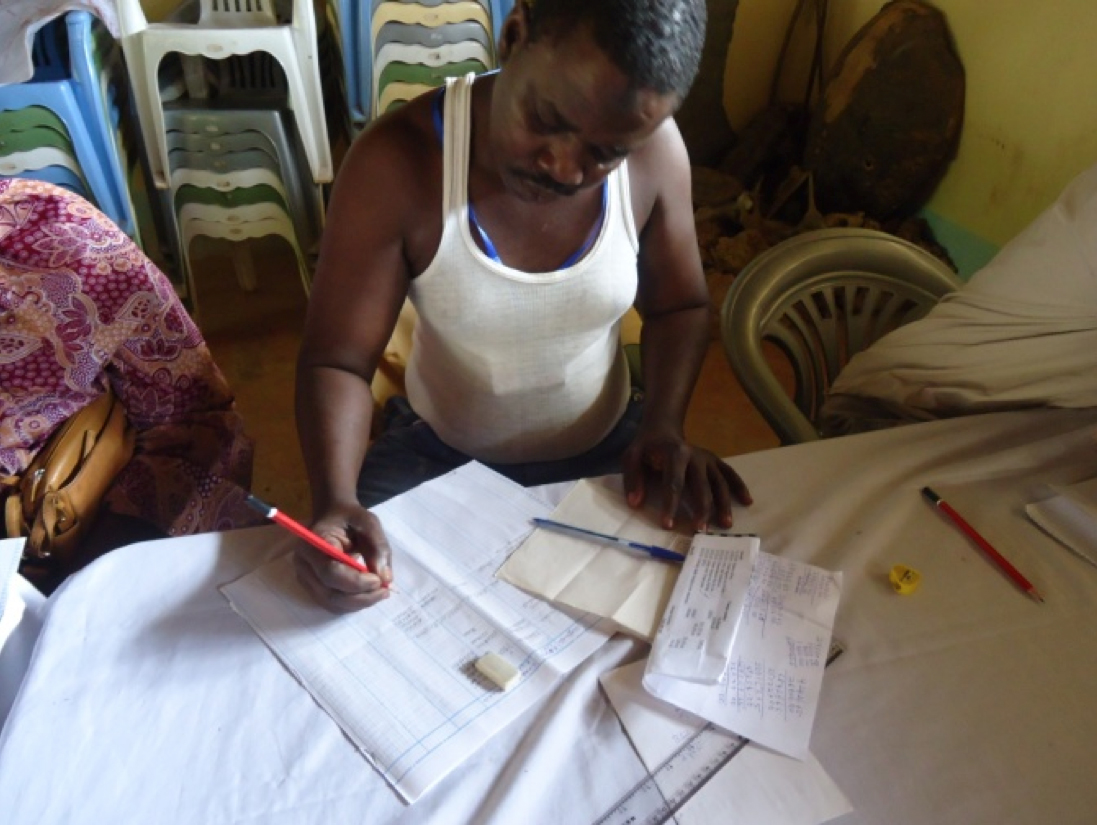
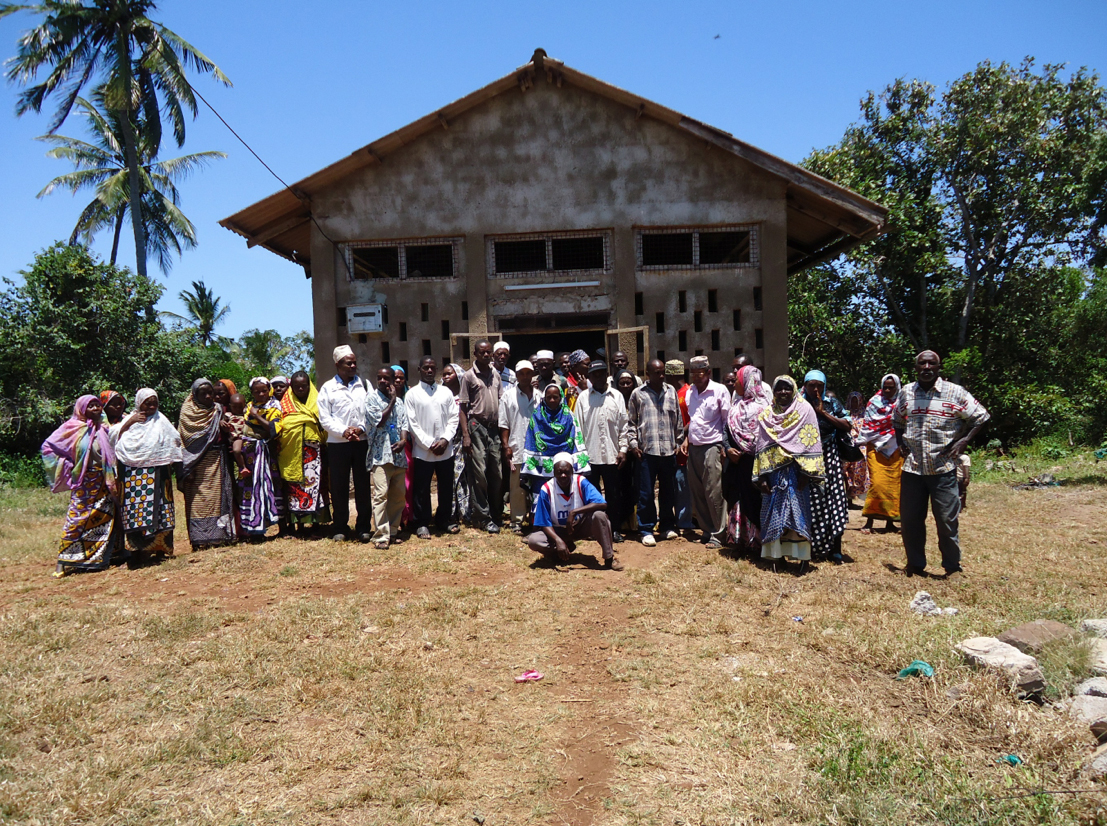
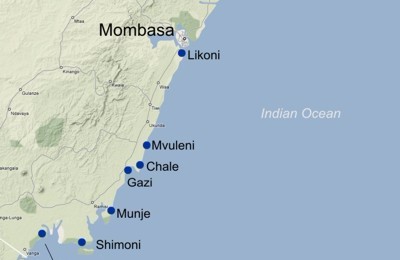
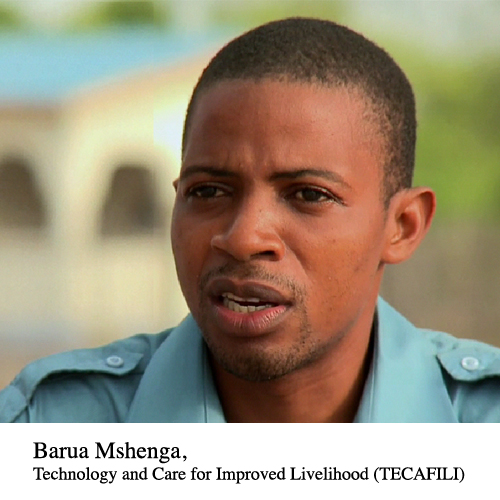
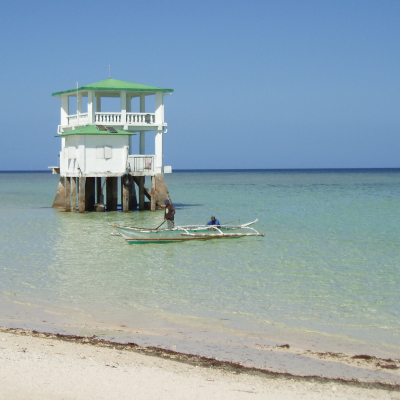)
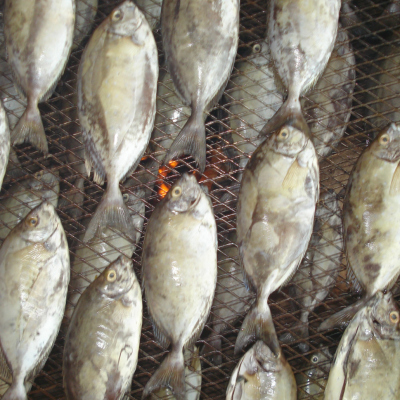)
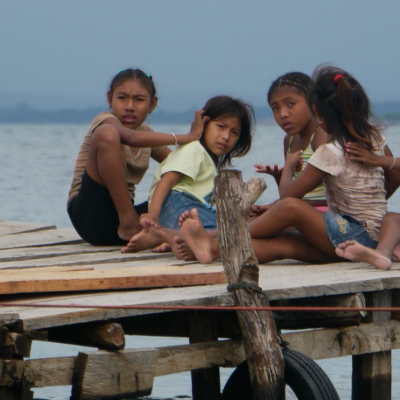)
